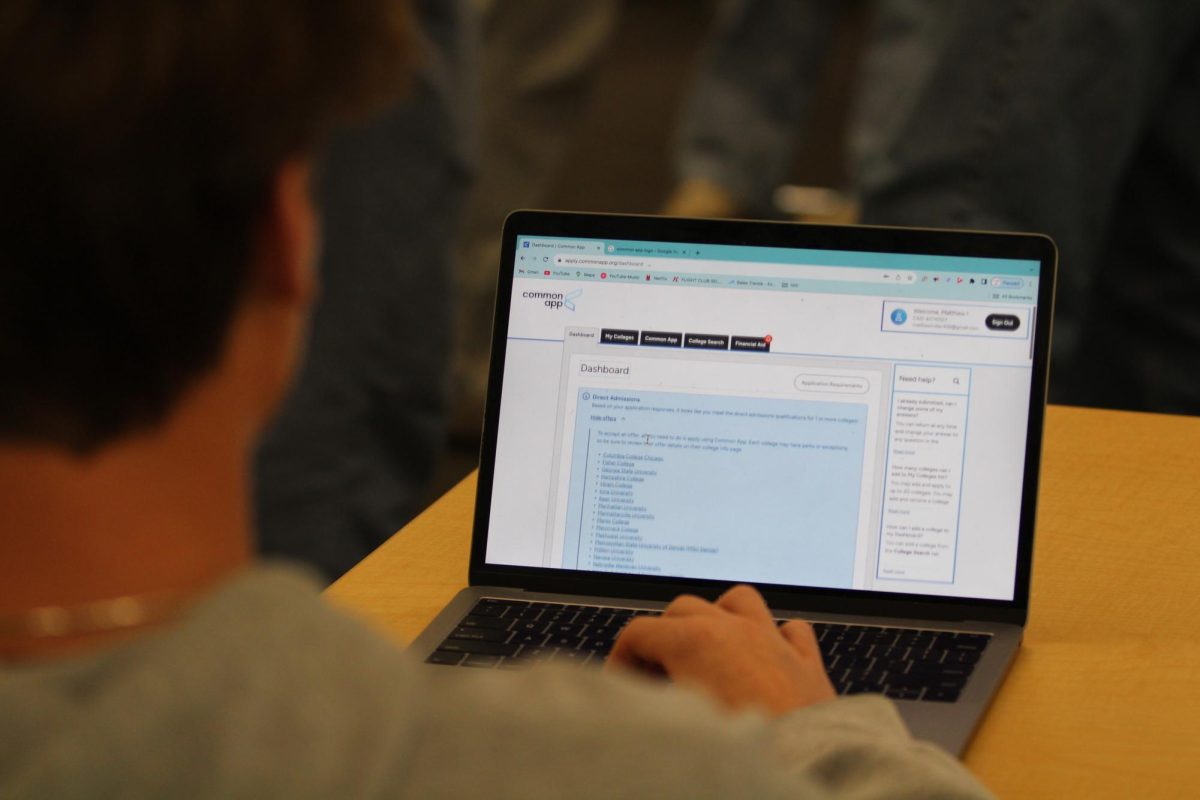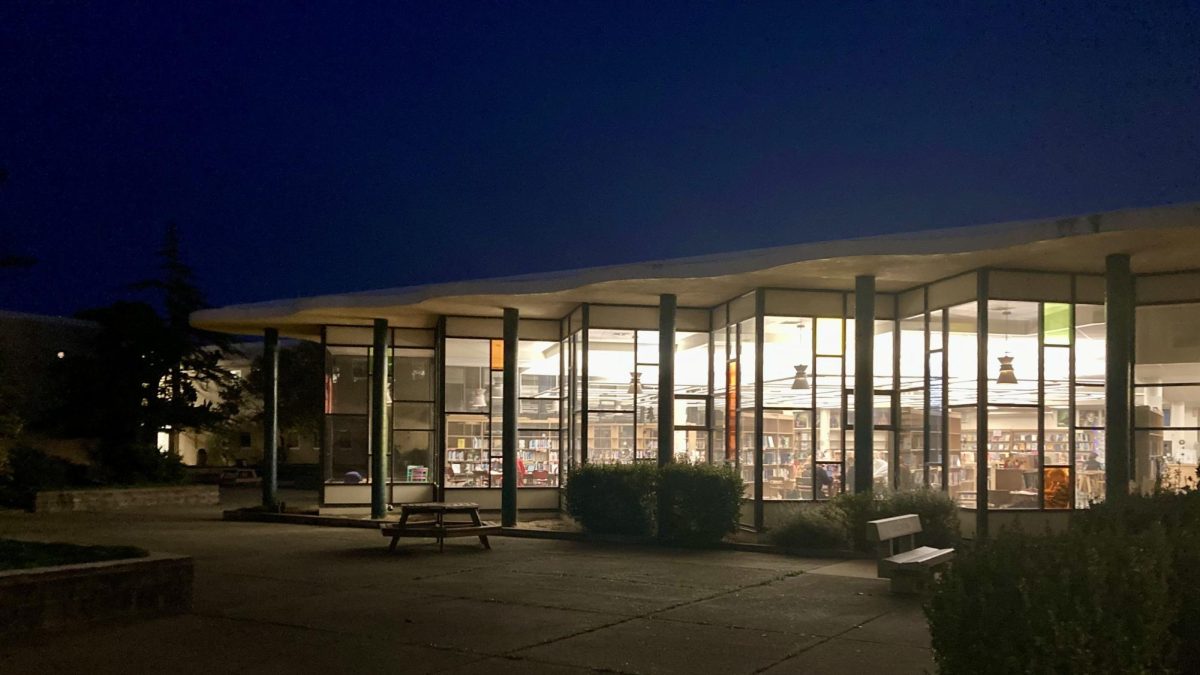Some members of the Tamalpais Unified High School District (TUHSD) community reacted strongly to news that funding for wellness programs in the district is uncertain due to upcoming budget decisions made necessary by increased enrollment.
Last month, superintendent David Yoshihara created a budget study committee to evaluate the district’s fiscal priorities and present a funding plan to the board. Wellness programs in the district, among others including TEAM and AIM, are one of the topics being discussed, according to Yoshihara.
Community members created a change.org petition that collected over 1,300 signatures, and many attended a TUHSD board meeting on Feb. 9, where they voiced concerns. While Redwood is the only school in the district that has a physical wellness center, both Drake and Tam students addressed the necessity for wellness at their respective schools at the board meeting.
“I think it’s very obvious that a lot of students need a lot of help and even with all of the amazing support that they already do get, there is not enough support for the amount of students at Drake,” said Noah Block, a junior at Drake. “Peer Resource can’t cover it all, BACR, Bay Area Community Resources, can’t cover it all, the counseling department can’t cover it all. We have to have more.”
The meeting also attracted community members who don’t attend schools within the TUHSD to speak in favor of wellness programs.

“This wellness center is a place for kids to go who aren’t highly attached and don’t have anywhere else to go. They either go there or they slide into a bottle, a joint, or a pill. Give them an alternative,” said Don Carney, who is in charge of the Marin County Youth Court.
Yoshihara said that he appreciates the community response because it shows that they have passion for the children in the district.
“It shows that the community cares about its youth, certainly, and how it translates into our overall well being in school, so I think that’s a good thing,” Yoshihara said. “I certainly knew that but it doesn’t hurt to see that reinforced so I’m appreciative for that.”
The budget committee, which consists of staff, students, parents, and other community members, has met four times and will meet once more before presenting its findings to the board.
Yoshihara said that if the community reacts strongly to each potential wellness topic, it will be difficult for the committee to carry out its work, and that it must remain open to other budget considerations.
“We spent a lot of time with the budget study committee talking about the importance of confidentiality and the how the work that they do needs to be really considerate of the overall district and all the needs,” Yoshihara said.
Block reiterated the need for wellness at the district’s other sites.
“If the students aren’t in class because they are not well, or they are not healthy in whatever facet––physically or emotionally––it doesn’t matter how many teachers we have. It doesn’t matter how good of an education we have if they can’t learn,” Block said.
Yoshihara said it was important not to be single-mindedly focused on wellness to the detriment of other programs.
“When you look at all this with limited dollars, it does become difficult,” Yoshihara said.
The budget study committee has yet to discuss specifics regarding which aspects of wellness could receive less funding or be cut entirely, according to Yoshihara.
Yoshihara believes that it is best that the community find out about the committee’s proposals at the same time the school board does.
“What we believe will be the most supportive of the process [of establishing a budget] is when [the committee] presents to the board in March, the board will see that at the same time [the public does,]” Yoshihara said. “It is fair to say that the board, much like everybody else, doesn’t know what’s occurring [during budget committee meetings].”
Yoshihara also said that public attention surrounding wellness and the budget study committee will make it harder for board members to remain impartial.
“If there’s so much news out there, then how can you make a fair decision and listen to the facts? We’re trying to present to the committee the facts of what’s occurring, the budgetary challenges, and so if there’s so much [news] out there, can you be fair?” Yoshihara said.
One of the questions pertaining to wellness is the role schools should play in providing students with mental health support, sexual health education, and a place to meet with counselors.
“The only way to prepare students to go on to college is to have the support of the school, where they spend most of their daily lives. It’s so important that we implement support for their well-being into public schools and make that a priority. You can’t be prepared to learn if you’re not in a good place mentally,” said Tam junior Emma Weinswig at the board meeting.
Redwood junior Lily Kane-Dacri expressed a different opinion.
“I don’t think California tax money and grants should go towards Kind bars and free tea,” Kane-Dacri said.
The committee will present its findings to the board on March 22.





